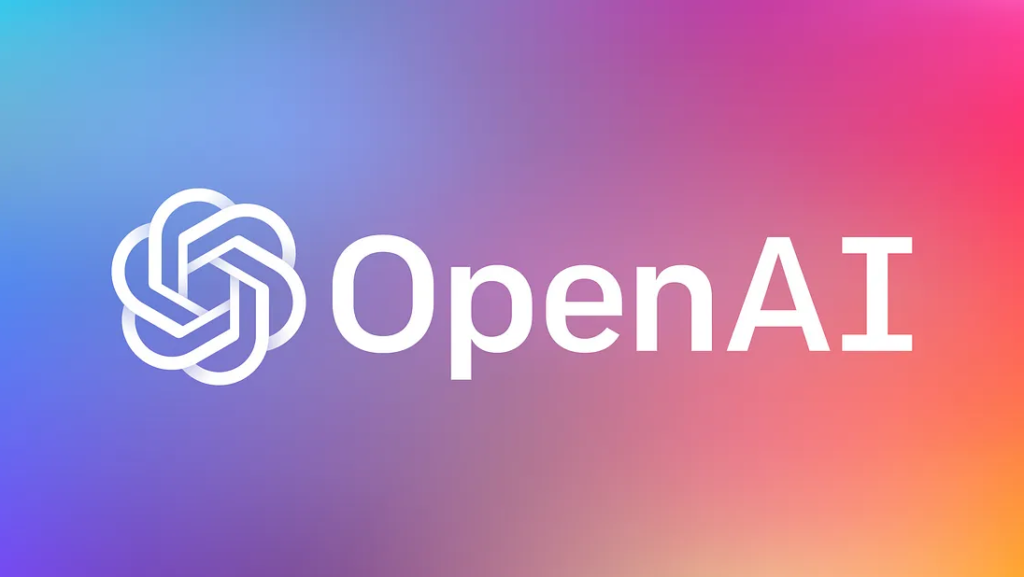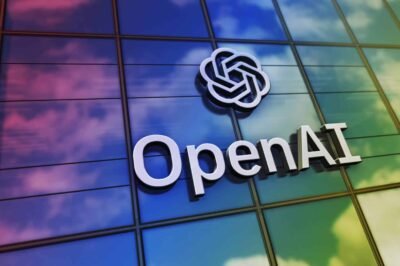
In the realm of technological innovation, the boundaries of what’s possible are constantly being pushed further by companies aiming to revolutionize how we interact with the digital world. OpenAI, the organization behind the groundbreaking artificial intelligence model ChatGPT, is reportedly at the forefront of another major breakthrough. Rumors have surfaced suggesting that OpenAI is in the process of developing software with capabilities that seem straight out of a science fiction novel: controlling devices and automating tasks that are currently considered complex for existing AI technologies. But what does this mean for the future of technology and our daily lives?
OpenAI has always been a pioneer in the field of artificial intelligence, with its developments sparking both awe and debate within the tech community and beyond. The idea of software that can not only understand and generate human-like text but also control devices and automate intricate tasks presents a significant leap forward in AI applications. Such technology could transform industries, from manufacturing to healthcare, by making operations more efficient, reducing human error, and potentially unlocking new levels of innovation and creativity.
However, it’s in the final paragraph of this unfolding story that the true significance of OpenAI’s rumored project comes to light. This development could redefine the interaction between humans and machines, making technology more intuitive and integrated into our daily lives. Imagine a world where AI can seamlessly automate complex tasks, from managing home automation systems to conducting sophisticated data analysis, all while learning and adapting to improve its performance over time. The potential for such software to enhance productivity, safety, and even personal convenience is immense, marking another step towards a future where technology and human life are more closely intertwined than ever before.








































Leave a Reply